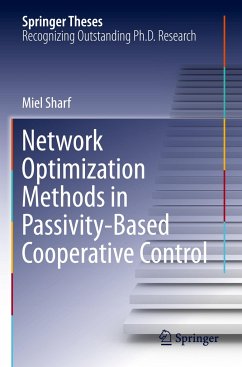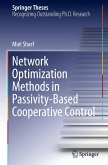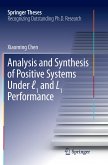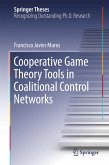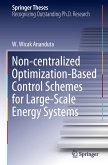This book establishes an important mathematical connection between cooperative control problems and network optimization problems. It shows that many cooperative control problems can in fact be understood, under certain passivity assumptions, using a pair of static network optimization problems. Merging notions from passivity theory and network optimization, it describes a novel network optimization approach that can be applied to the synthesis of controllers for diffusively-coupled networks of passive (or passivity-short) dynamical systems. It also introduces a data-based, model-free approach for the synthesis of network controllers for multi-agent systems with passivity-short agents. Further, the book describes a method for monitoring link faults in multi-agent systems using passivity theory and graph connectivity. It reports on some practical case studies describing the effectivity of the developed approaches in vehicle networks. All in all, this book offers an extensive source of information and novel methods in the emerging field of multi-agent cooperative control, paving the way to future developments of autonomous systems for various application domains
Bitte wählen Sie Ihr Anliegen aus.
Rechnungen
Retourenschein anfordern
Bestellstatus
Storno

